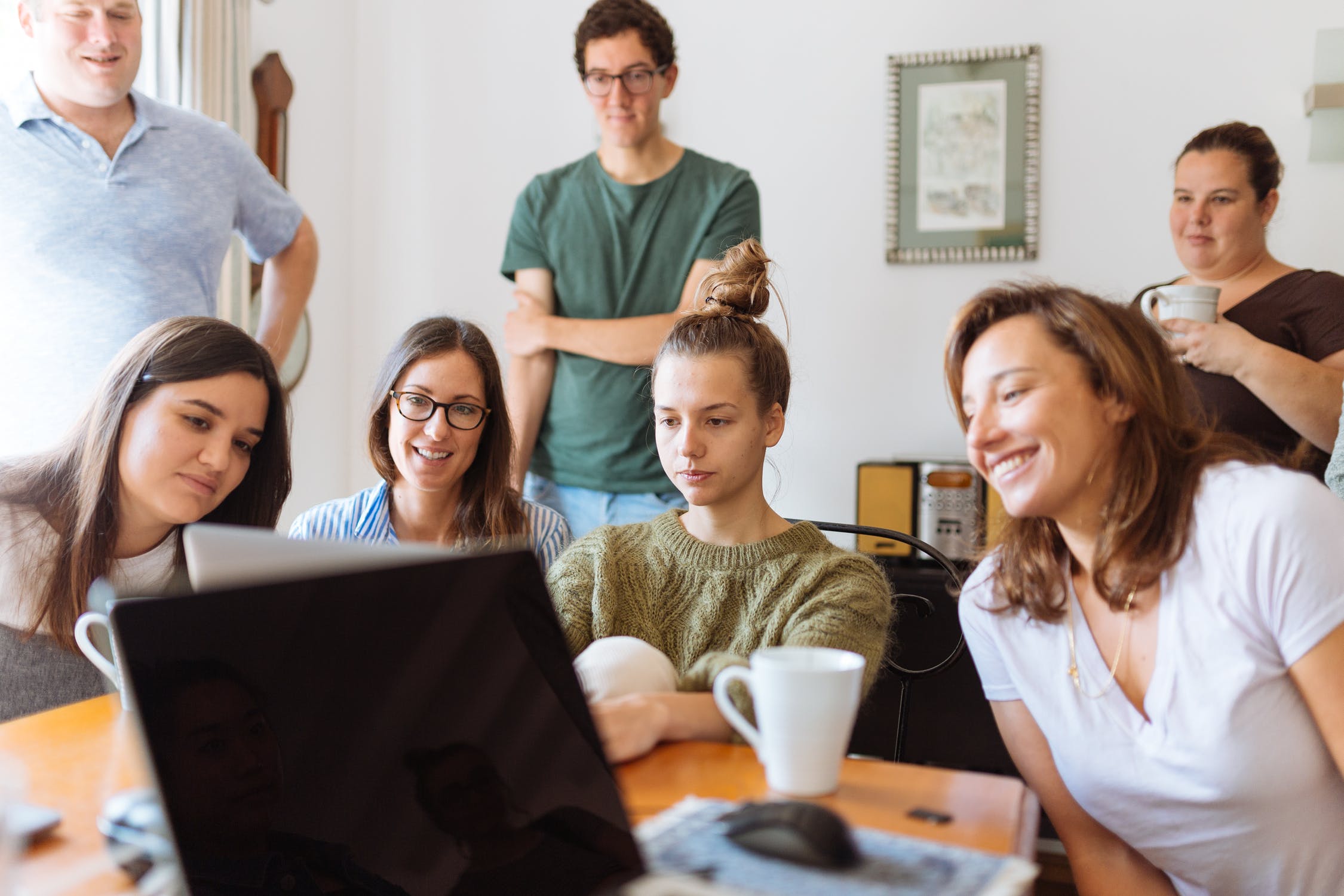Among many other reasons, coronavirus sucks because we’re missing out on some fantastic conferences. Amsterdam, Baltimore, Cape Town — so many conferences cancelled, cities missed out on and fancy dress costumes left in the closet. We’re sure that eventually, someday, we’ll all get back to conferences but it could be a long wait.
So what does the ophthalmic world do in the meantime? We can’t meet and greet but ophthalmology must continue — the industry needs to continue sharing its experience. The answer lies online as more and more webinars are set up to allow ophthalmologists and others to continue networking and learning from one another.
Webinars have been floating around for some time. However, the coronavirus has dramatically increased interest and uptake. Most of you will have either attended one or been recommended to do so by a colleague. Webinars have sometimes encountered resistance against uptake but now it’s a case of, “O tempora!, O mores!” for some.
There’s now a myriad of ophthalmology webinars hosted by various groups and professionals. ZEISS (Carl Zeiss Meditec, Jena, Germany) is hosting its Ophthalmic Virtual Experience webinar on May 15. Eyecelerator is hosting live streams on its website while it prepares for its annual conference in Las Vegas on November 12.
Get Rid of Those Mental Blocks

Entod International Group is focusing on webinars to continue to supply ophthalmology with products and advice during the pandemic. Based in Mumbai, India, the research-based pharmaceutical organization has a long track record of participation in ophthalmological conferences and academic events.
So much so, in fact, that the company realized that it was attending too many physical events. Realizing webinars could reduce costs and improve efficiency, Entod began to focus on attending webinars, then started producing them too. According to the company’s managing director Nikkhil Masurkar, his team encountered teething problems but in the long run the benefits of webinars are significant.
“A lot of people have a mental block about having a webinar or an ophthalmic conference online but it can be a pleasant surprise,” Mr. Masurkar said.
“Moving forward these webinars are getting more and more interactive and more viewed,” he said.
The webinars Entod produces cover a variety of subjects. These include how one can restart an ophthalmology practice or business during coronavirus time, and how paramedics can better protect themselves from infection. The webinars include guest speakers from a wide medical practice and the registration process is simple.
Entod has also produced webinars in some of India’s regional languages. A webinar for support staff was recently produced in the Marathi language (spoken by over 80 million people) which proved wildly popular. More are planned including a webinar entirely in Gujarati, which is spoken by another 55 million.
New Tech Doesn’t Mean Trouble

Entod’s experience with webinars could not have been more prescient. While the company mainly sells its products within India, over 30% of its ophthalmic ENT and dermatology products are exported — and transportation is proving problematic. Like most countries battling coronavirus,, India faces transportation problems that disproportionately affect clinics in remote and rural areas.
You might think that these clinics would also find it difficult to access webinars. However, according to Mr. Masurkar, doctors watching from remote areas experienced little to no bandwidth or streaming issues. Mr. Masurkar adds that Entod is offering more than just webinars to its viewers.
“We are also offering postgraduate programs online as well which is something that has not been done before. I think it will impact the quality of continuing medical education (CME) in ophthalmology. I also think that this will be the platform to deliver CMEs moving forward,” Mr. Masurkar said.
Mr. Masurkar is looking forward to his company’s position after the coronavirus crisis eventually passes. He recognizes that the changes brought about by the pandemic are likely to be permanent, especially the increased interest in webinars.
Mr. Masurkar believes that with the advent of augmented and virtual reality technology, and related developments like Facebook Horizon, ophthalmologists will experience considerable change in their practices. So too will pharmaceutical marketing as a result, a change he says Entod is ready to embrace.
“We would like Entod to be a platform for ophthalmologists to use. We are more of a service than providers of products,” he added.
Editor’s Note: Webinars serviced by Entod stood out and were among the most well received in India during coronavirus lockdown. This story is part of the ‘Q&A from Quarantine’ series of CAKE Talks, where Matt Young (CEO of Media MICE and Publisher of PIE and CAKE magazines), during the time of COVID-19 lockdown reached out to KOLs and industry friends to evaluate and discuss the impact of this pandemic to the ophthalmic world.



